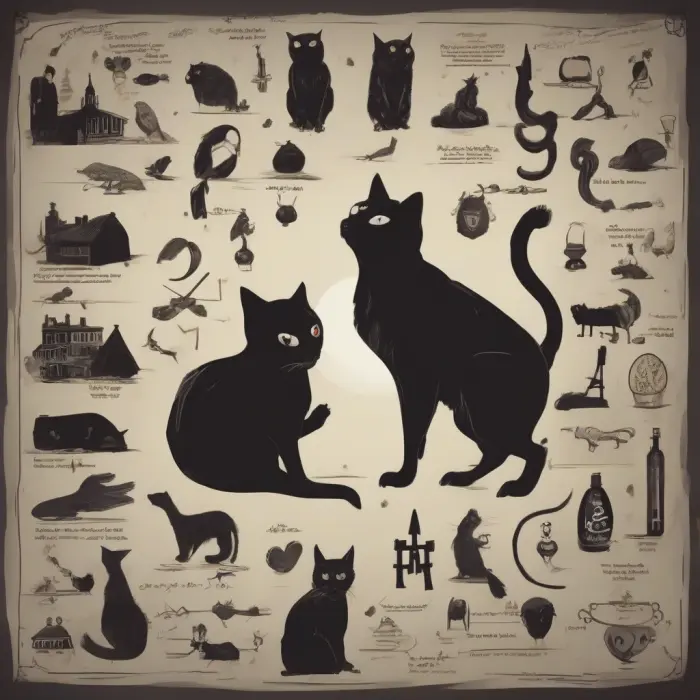Quirky Facts About the History of Ancient Medicine
In the annals of human history, medicine has always been a pivotal factor, determining the fate of entire societies. While today's medical practices are based on scientific merit, the ancient era of medicine was an amalgamation of intriguing beliefs, theories, and processes. So let us embark on this fascinating journey of some quirky facts about the history of ancient medicine.
The Ancient Egyptians Relied On Magic and Spells
The ancient Egyptians are known for their awe-inspiring pyramids and mummies. But equally fascinating is their approach to medicine. They believed that diseases were brought about by evil spirits, and thus the cure was thought to be in dispelling these spirits using magic and spells. As peculiar as it may sound, they had an amalgamation of "Sanau" which means doctors, who were also priests intending to cure the ail, alongside their medical practices.
Honey as a Panacea
Ancient cultures saw honey as much more than just a sweet treat. Rich in anti-bacterial properties, honey was often used as a topical antibacterial treatment for wounds and infections. The ancient Egyptians, Greeks, and Romans all utilized honey in their medical practices. They coated bandages in honey and applied it directly to the affected areas. Mention of honey as a remedy can also be found in Ayurvedic texts from ancient India.
Trepanation: An Open-Minded Perspective
One of the most bizarre practices in ancient medicine was trepanation - the process where a hole is drilled into the human skull, exposing the dura mater to treat health issues related to intracranial diseases. Trepanation was widely practiced from prehistoric times well into the Renaissance. It was thought to cure ailments like seizures, migraines, and mental disorders.
Animal Dung: A Milestone in Medical History?
In a rather unconventional approach to medicine, the Ancient Egyptians believed in the medical prowess of animal dung. The thought behind this was that since dung could fertilize the barren desert, surely it could also help with fertility issues in women. The Egyptians thus began using crocodile dung as a form of contraceptive.
Worms in Your Teeth, Anyone?
In medieval times, it was commonly believed that toothaches were caused by tiny worms residing in the teeth. This 'tooth worm' theory persisted for centuries until it was disproven by medical advances.
Conclusion
The landscape of ancient medicine is dotted with a myriad of such quirky beliefs and practices, each of which has played a role in shaping the medicine as we know it today. It provides a vivid lens into the past, reminding us of the milestones we have achieved and the myths we have debunked on our path to scientific understanding.
It makes one wonder - what other commonly held medical beliefs of today might be considered quirky by future generations?










